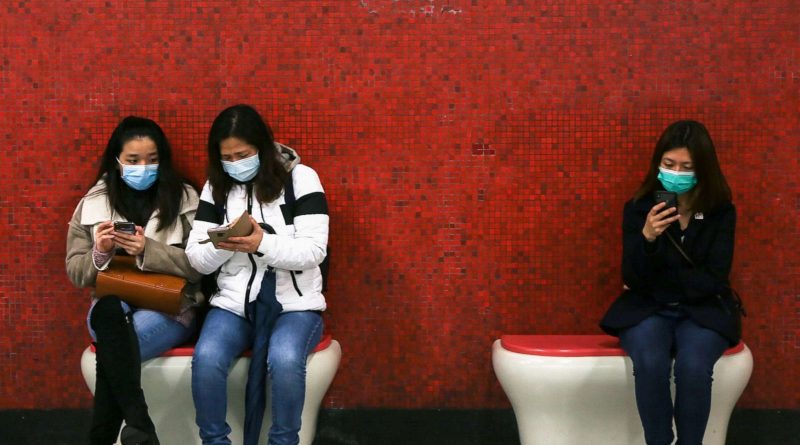Dean Chakravorti in Bloomberg: “As Coronavirus Spreads, So Does Fake News”
The CDC has identified coronavirus as the cause of an outbreak of respiratory illness that was first detected in Wuhan, China in January 2020. Early on, many patients in Wuhan reported to have eaten contaminated food prior to experiencing symptoms, which range in severity and typically include fever, coughing, and shortness of breath.
The virus is believed to have emerged from an animal source but now seems to be spreading person-to-person. According to a Situation Report published by the World Health Organization, the virus has spread to 24 countries and has infected a total of 24,554 people around the globe. As of February 5, 2020, the virus has killed 492 people.
It didn’t take long for news of the coronavirus to spread online, especially on Facebook, Twitter, and TikTok, a relatively new video-sharing social media platform. In today’s digital age, information — and more often than not, disinformation– spreads like wildfire. Rumors surrounding the virus have gone into hyper-drive, causing panic and stoking waves of Sinophobia and racism around the world. When a real virus meets a digital virus, the results can be devastating.
Fletcher’s Dean of Global Business Bhaskar Chakravorti expands on the issue:
Alarmist statistics have also been spreading — a tweet with over 140,000 “likes” predicted 65 million deaths, a debunked claim — along with false remedies, prophylatics and cures. Some posts recommend drinking bleach. Others peddle falsehoods about the benefits of cannabis, homeopathy and air purifiers. Virality is assured when the misinformation jumps platforms. A thread retweeted thousands of times by a YouTube conspiracist suggests the coronavirus was developed for use as a vaccine. It’s now found another new life on Facebook.
Bhaskar Chakravorti, “As Coronavirus Spreads, So Does Fake News”, Bloomberg
Read Dean Chakravorti’s entire op-ed in Bloomberg Opinion.

